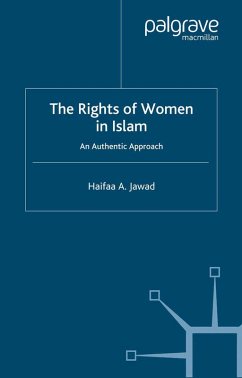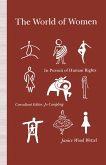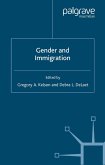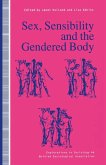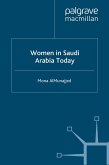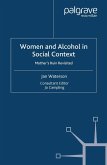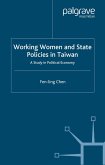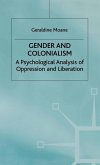It has been argued that Islam liberated Muslim women by granting them full rights as citizens. Yet in reality we see that women have long been subjected to both cultural and political oppression. Instances such as forced marriages are sadly common in the Muslim World, as are restrictions on education and on their role in the labour force.
Dieser Download kann aus rechtlichen Gründen nur mit Rechnungsadresse in A, B, BG, CY, CZ, D, DK, EW, E, FIN, F, GR, HR, H, IRL, I, LT, L, LR, M, NL, PL, P, R, S, SLO, SK ausgeliefert werden.

